FM Szijjarto held talks with the managers of TAG's operating company and then told public media that the security of Europe's energy supply was a key issue. He emphasized that the crises of recent years, especially after the outbreak of the Ukraine war, have made it clear that energy security is not a given, but something that must be constantly worked for.
It is clear that energy security is one of the most important building blocks of national sovereignty and national security,
– he warned. - This is why we oppose attempts from the European Union to exert pressure on Hungary to give up its energy sovereignty, and this is why we reject aggressive efforts aimed at curbing the use of natural gas, he added.
We also oppose the aggressive push trying to force us to give up our well-functioning energy cooperation relationships and replace them with something more expensive and less secure,
– he stressed. FM Szijjarto underlined that Hungary would not give up its national energy policy because, so far, it has provided absolute security for the country. "Even in the gravest of crises, we've never had any supply disruptions and we've always had enough energy carriers, and this will continue to be the case in the future."
At the same time, of course, the security of energy supply also involves diversification, i.e., the possibility of buying energy from as many sources and routes as possible,
– the minister noted. He added, however, that for the government, diversification does not mean giving up old, well-established relationships for something new, but rather making more sources and routes available. Mr. Szijjarto stressed that Hungary's gas supply is currently secured, largely through the Turkish Stream Pipeline, adding that there are alternative options providing extra security, and the gas pipeline from Italy through Austria to Central Europe could be just such a possibility.
He welcomed the fact that, in the recent past, the owners of the pipeline have carried out significant investments in order to enable the transport of gas from south to north, or if you like, from west to east.
So the pipeline from Italy through Austria could be a good safety net for Hungary, as it would allow LNG from Italy's LNG terminals to be integrated into Hungary's national energy supply,
– he concluded.
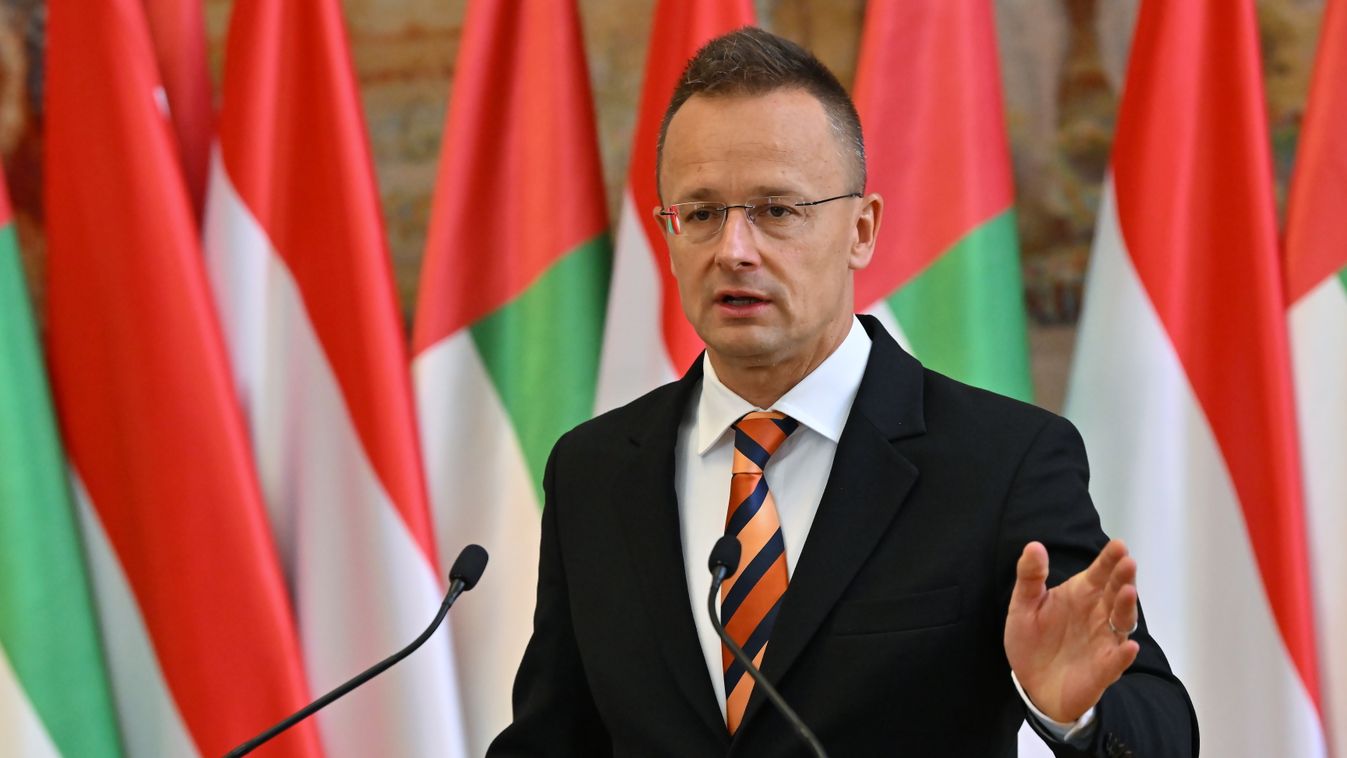
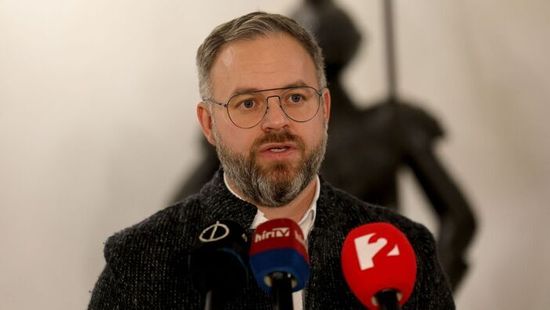
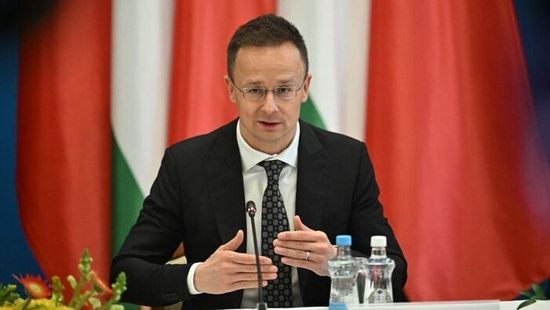
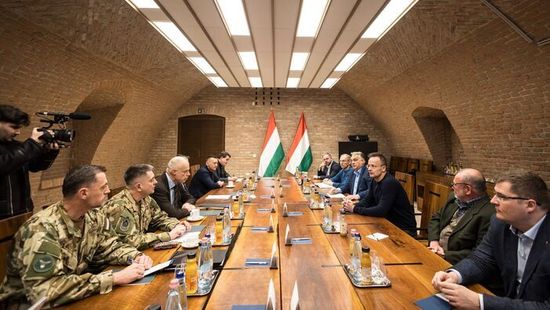



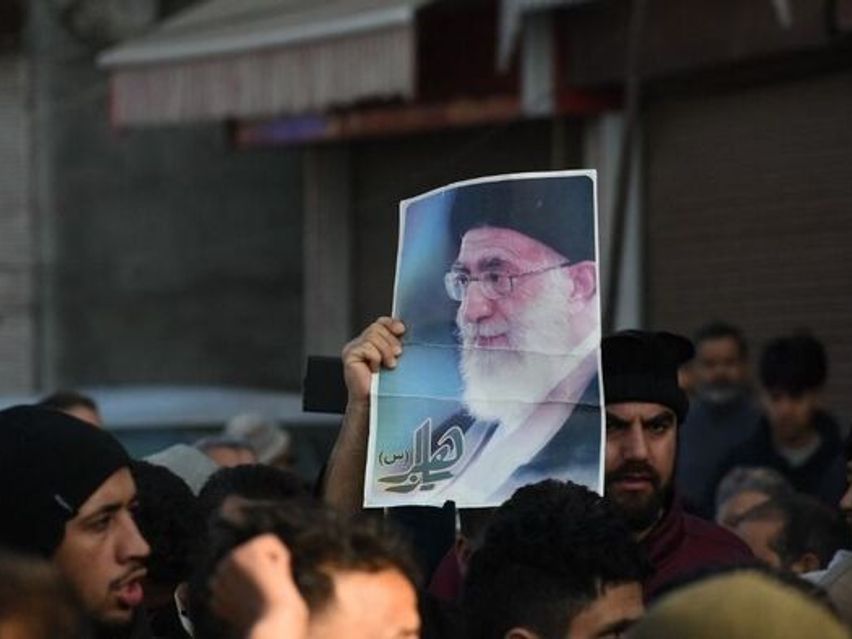
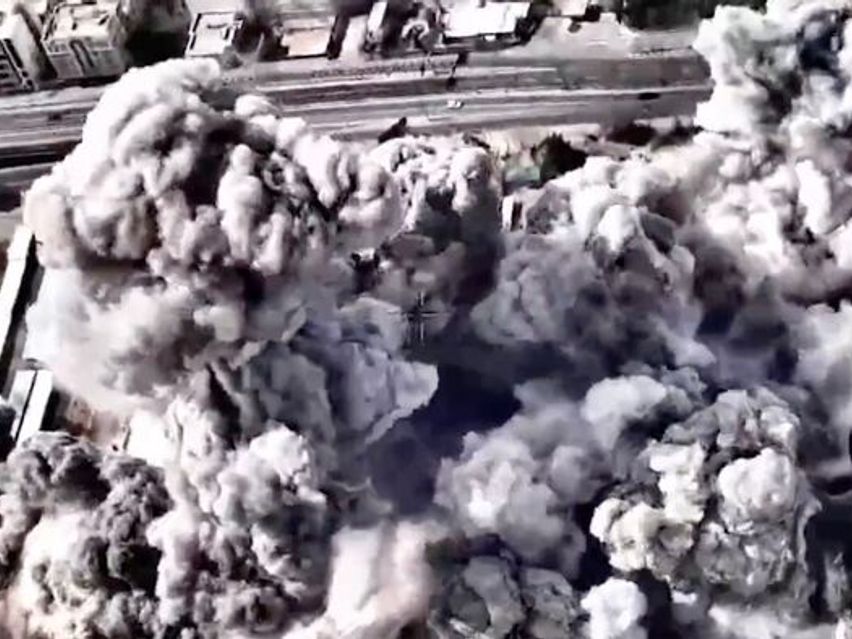


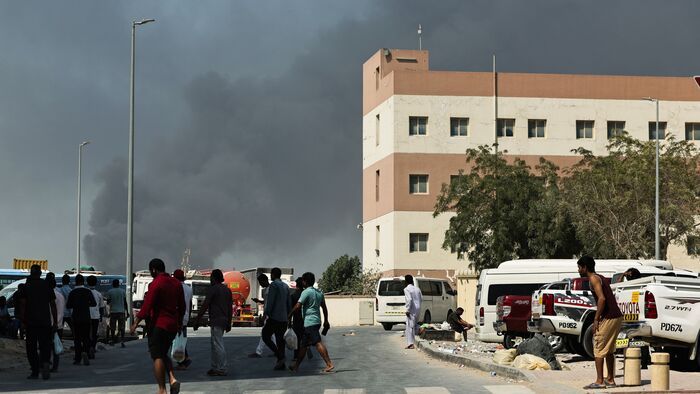
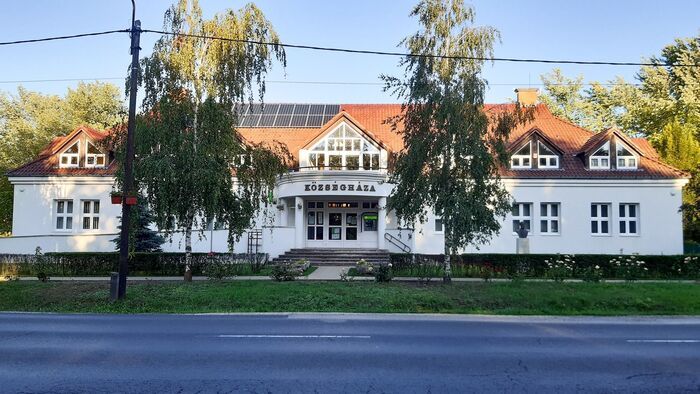

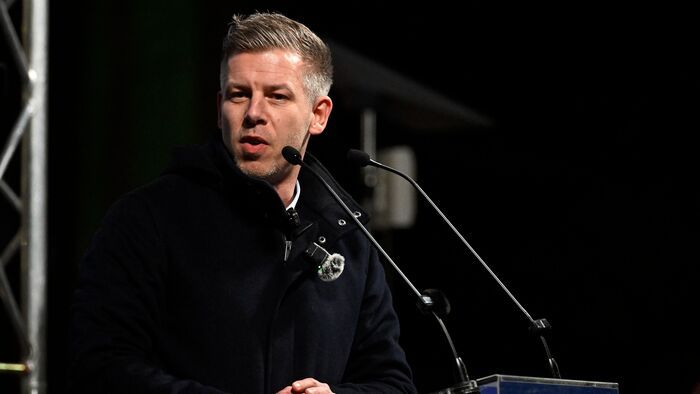

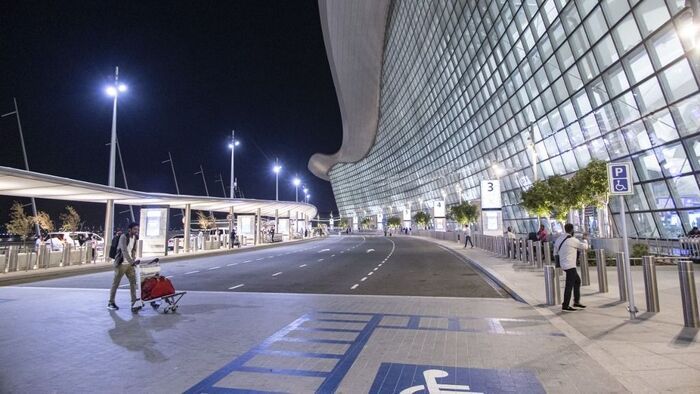
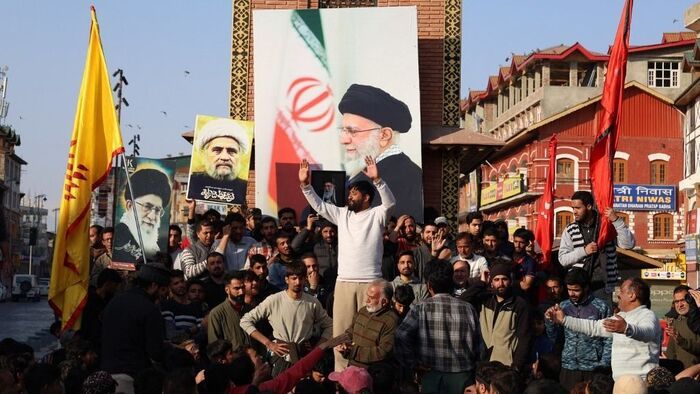





Szóljon hozzá!
Jelenleg csak a hozzászólások egy kis részét látja. Hozzászóláshoz és a további kommentek megtekintéséhez lépjen be, vagy regisztráljon!